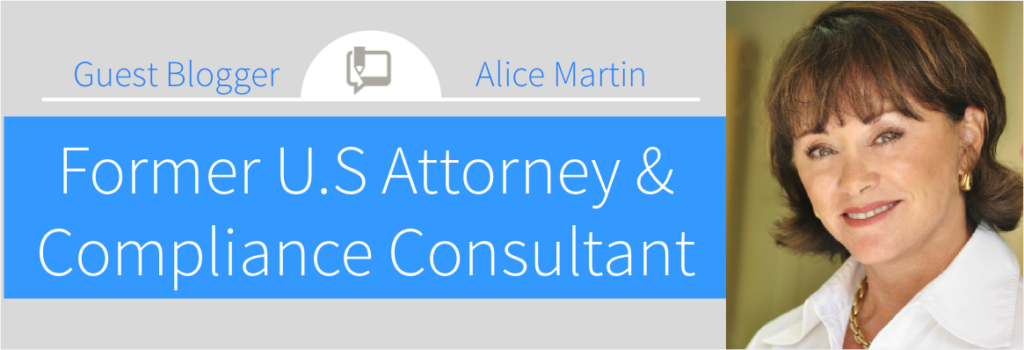There is an endless list of characteristics for ‘success’ and ‘effectiveness’ – just read any book on leadership. However, I’ll gladly add to the ‘list’ with these characteristics of which, to me, are vital in shaping and forming a pyramid topped with the outcome of “effectiveness”.
#1 – Organization. A compliance officer has many responsibilities to juggle so it is essential that they be organized in order to guide their time and other’s wisely. I’ve had the opportunity to consult with many organizations and I frequently find that much is being done to build an effective compliance program; yet, it is hard to demonstrate that fact to an outsider because the CO has not taken the time to organize the various monitoring and auditing activities, to build a compliance manual that clearly outlines the program, and to ensure databases are in place for easy survey of documents.
#2 – Define Goals and Objectives. Goals and objectives are the lifeblood for your team and the organization as it relates to your Compliance Program. Write them down. Share them and gain buy-in. Every strong construction project depends on sound plans and that do not change each day.
#3 – Understand Operations. They are the ‘big dog’, and as the old saying goes “they don’t care how much you know until they know how much you care” is true. Operations is running the key mission for your healthcare organization. You have a ‘lifeguard’ mission to protect the organization from the known and the often unclear risks that exist. Build up buy-in and influence by painting a picture for operational leadership that answers the question, “What is in it for me?”
It is important to understand operations but also don’t become an operator. Stay strategic and share with them your knowledge and judgment concerning the risk certain moves may create for the organization. They don’t want to be blindsided and you’ll be brought into more strategic conversations earlier when they know compliance is bringing that value to the conversation.
#4 – Anticipate Objections and Problems and Take Proactive Steps to Resolve. Have a positive attitude and provide enough information to operational decision leaders that they understand the pros and cons of decisions, and can determine their risks appetite.
#5 – Make Recommendations and Decisions Clear. It will help drive buy-in and lead to commitment. Regardless of your title, the Federal Sentencing Guidelines provide that the CO is a member of ‘senior leadership’ so you must act like a member. While there are oftentimes business decisions made, DO document your recommendations and the actions taken. IF it is a clear compliance-risk to the organization you have a duty and obligation to the organization and the Board to make a recommendation – make it clear – and stand your ground. The Board is looking for your expertise – show it through strong verbal communications on tough issues AFTER you have fully discussed with management.
#6 – Hire Slow and Fire Fast. As a healthcare compliance officer, if you are fortunate to have direct reports, and to get to build a team, make it a star team. Do not hire just to fill the seat and expect you can train the person on technical skills. You can train most on technical skills but the lack thereof generally only accounts for about 10% of terminations. Most people are fired because they are not coachable.
The second highest gap that leads to terminations is the new hire’s lack of emotional intelligence, i.e. the ability to work with others. Make sure that the people you hire are being hired for their strengthens. There is an old response to the statement ‘he is a good hire’ …. “good at what?”. Hire for a person’s strength – not what the old job description read. Constantly access the skill sets you need and go after a hire that can fill that need. If you don’t, you will have a new use for much of your time in trying to manage your mistake! (Check out 3 Ways Compliance Officers Make Healthcare Organizations Healthier to learn more on creating a healthy workplace environment).
#7 – Prioritize! You will not get it all done today, tomorrow or this year so focus on what will make the most difference when you are done.
These are my picks for the best characteristics of a CO. What are some traits you feel you need to work on, and what are some you feel you do pretty well at?
Alice Martin
Alice H Martin founded Martin Compliance Consulting (MC2) in 2012 following her service as Corporate Compliance Officer and Chief Privacy Officer for RegionalCare Hospital Partners and U.S. Attorney (2001-2009) where she headed a nationally recognized Health Care Fraud Task Force. She is a former Alabama Circuit Court Judge, and received her J.D. from the University of Mississippi, and her B.S. in Nursing from Vanderbilt University.









